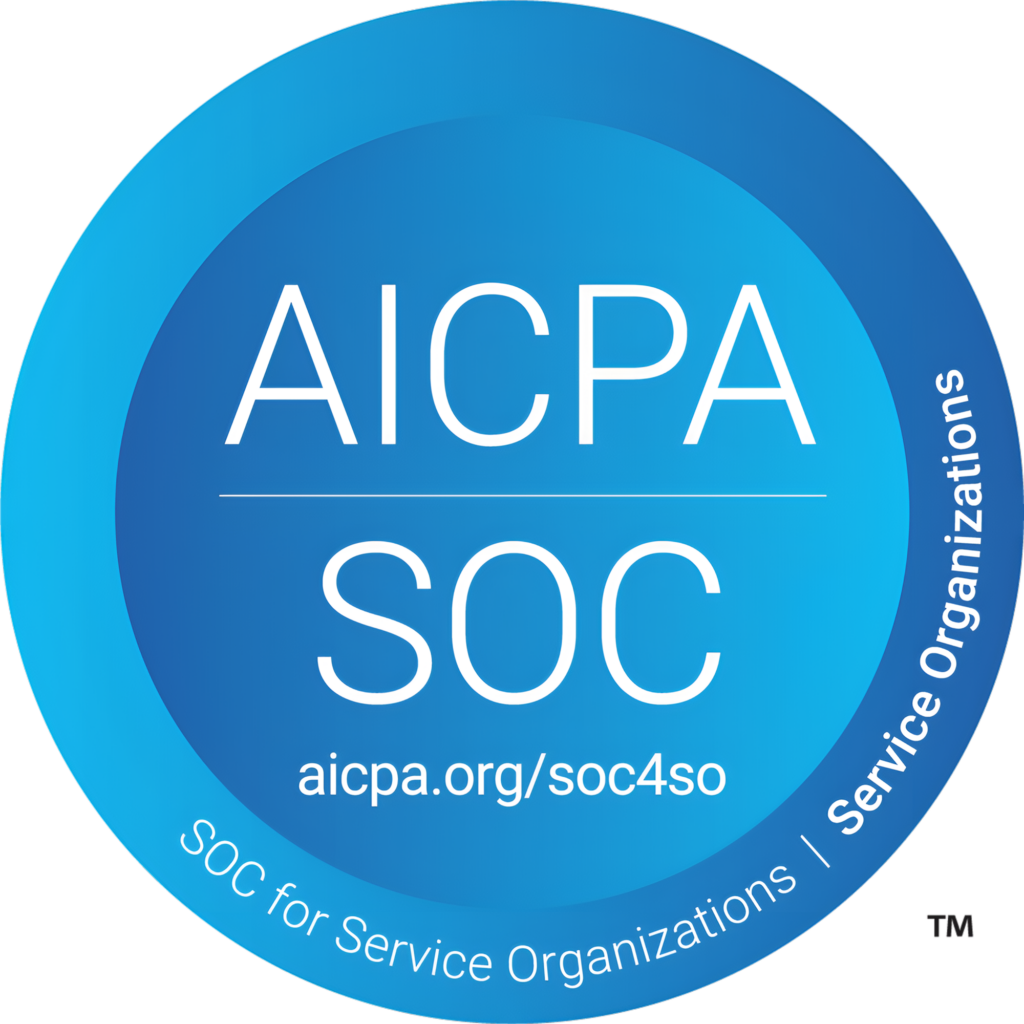“Identifying every specific pain point that needs improvement & adjusting the existing process, followed by a plan to do things differently is paramount. This will take the company into the winning marketplace!” – Gartner
As a company grows, its IT infrastructure get more complex, resulting in silos. In order to support the growing number of applications and services, organizations need to scale their IT infrastructure. However, the challenge lies in managing these changes without compromising performance. The only way to achieve such coherence is by implementing DevOps, GitOps, and DataOps.
Continue Reading
DevOps
DevOps is a software deployment practice that aims to improve collaboration between developers and operations teams by unifying the design, development, testing, and deployment in a CI/CD pipeline.
By streamlining, DevOps aims to improve your software development, supervision, monitoring, and management. It complements your business agility and contributes to the on-going development and efficient deployment.
Key Benefits of DevOps
1.Achieve quicker delivery: Delivering features and functionalities in a short span will help your organization standout in a competitive industry.
2.Increase in quality control: Collaboration between the development and operation groups will improve the quality of the product.
3.Fix issues quickly: DevOps ensures a faster response to technical difficulties in deploying applications.
4.More room for inventive solutions: Since the defects are automated and evaluated frequently, the team has more flexibility for innovation .
5.Lowest production cost: DevOps assists in reducing the administration and operational expenses of your teams with effective collaboration.
GitOps
GitOps is a software development practice that uses a Git repository as the only ‘source of truth’ for all the code involved in creating infrastructure and distributing apps. Developers do not have to merge their changes manually. Instead, they can create branches and pull requests/synchronize changes to share their work with other team members.
GitOps can speed up and simplify your infrastructure upgrades. It serves as a solution to assist your enterprise in automating the Continuous Delivery of cloud-native apps so that new features can be delivered.
Key Benefits of GitOps
1. Single Source of Truth: With GitOps, developers can use version control to eliminate “context switching,” which eats up valuable time.
2.Version Control: Every modification made is centralized and categorized. Therefore, it is easier to restore alterations.
3.Greater security: A strong encryption enables control, maintenance of modifications, and the ability to offer modifications to establish authorship and source.
4.Optimization: It helps cleaning up unnecessary files and optimizes the local repository.
5.Speed: The Continuous Delivery lifecycle timeframe is reduced drastically using the GitOps methodology in order to release advanced functionality and modifications.
DataOps
DataOps is a data management model that aims to streamline the planning, implementation, and maintenance of downstream applications based on data and data analytics. With the speed of your application code, it utilizes Liquibase, an open-source version control database that uses migrations. It uses a changelog to keep track of the changes made on a database and the modifications that are yet to be implemented in order to transfer a database structure to a certain version. In order to avoid roadblocks, you can coordinate more easily, complete projects faster, and achieve breakthroughs. The delivery of database modifications from lower environments to higher environments (development, test, and production) is equally automated by GitLab CI/CD. Lastly, the stakeholders can manage the modifications to their target database during the approval phase before delivering or roll back those alterations to restore an earlier version.
To encapsulate, DataOps enables data management and synchronization, transforming data across the data lifecycle/data flow. It will help you to automatically detect and handle data inconsistencies in order to maintain continuous data streams. The ability to restore changes that are deployed at every stage without manual intervention can increase the efficiency of database changes implemented on multiple environments.
Key Benefits of DataOps
1.Repairing Bugs: Enhanced coordination between the DevOps team and the DataOps team reduces the amount of time required to address or resolve errors .
2.Efficiency: With robust DataOps pipeline, data specialists can collaborate in real-time to improve data quality and analytics.
3.Establishing Objectives: Data and development departments can establish and maintain their corporate objectives in real-time.
4.Stay Competitive: By improving the data analytics process, the team can adapt to market changes rapidly.
5.Faster Response: Easily alter and manage development demands through teamwork.
The ultimate outcome of utilizing all three is greater coordination and an excellent application that stays ahead in a competitive industry.
Let’s Wrap Up!
Organizational siloes can prevent your company from achieving agility and success. Collaboration is the only way to overcome it!
What better way to defeat it other than our ground-breaking trio – DevOps, GitOps, and DataOps!
As a trusted Microsoft DevOps Gold Partner, we can help you break down the organizational siloes and leverage the power of GitOps & DataOps. We have been collaborating with a number of businesses in many sectors, assisting them in growing and succeeding.
We employ the “agile” philosophy to build safely, test swiftly, and deploy both new apps and periodic alterations to current apps in a short span . With our support, you can reduce the deployment period from months to hours.
It’s time to partner with us to implement DevOps practices and win the competitive edge!

